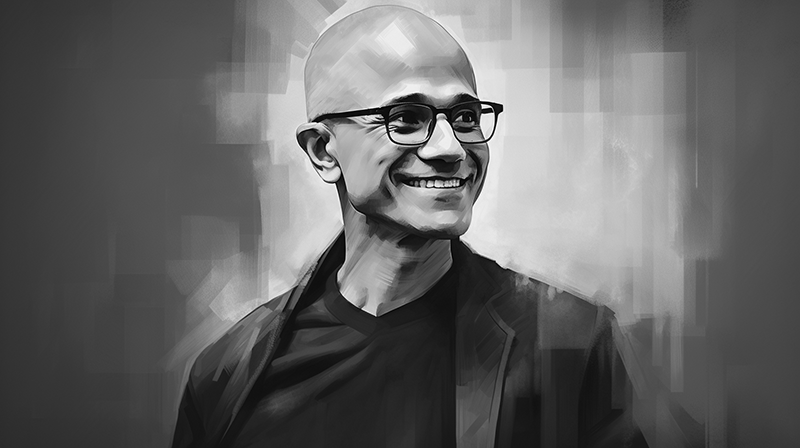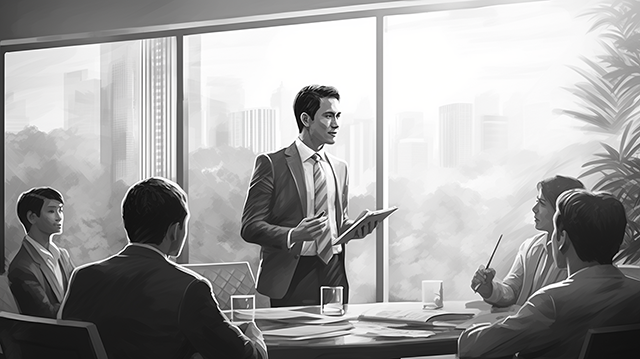There’s a strange thing that happens when people look at you expecting direction.
It’s subtle at first. A glance in the meeting, a pause in the room, a silent waiting for you to speak. Then it becomes clearer: they’re not just looking at you, they’re looking to you. And not for inspiration, or charisma, or even comfort, but for decisions. That moment is the true weight of leadership. And it’s heavier than it looks.
Across history, peoples and communities haven’t always chosen leaders because they wanted to be inspired. They chose them because they needed someone to take the hard road when no one else would. Someone to carry the consequences. Someone willing to decide when the stakes were high and the outcome uncertain. Someone ready to lead for others, not for themselves.
The older I get, the more I see that pattern not just in textbooks or documentaries, but in life around me. In boardrooms, in startups, in friendships even. When things fall apart or grow complex, it’s not vision statements that matter most. It’s the person willing to say, “We go this way,” and mean it.
In ancient times, leadership wasn’t something you posted about. It was a burden. The tribe didn’t elevate you because you were loud or popular. They did it because you could act when others froze. In wartime Athens, generals were chosen and voted in yearly not because they were perfect, but because they were decisive. In Rome, when the Republic trembled, the Senate would name one person — a dictator rei gerundae causa — which translate to “for the purpose of conducting business”, to lead alone, just long enough to steer the city through the storm. They weren’t always liked. But they were trusted to choose.
I think about that often in today’s world of corporate leadership, where titles are easily handed out but accountability often isn’t. It’s easy to manage. It’s harder to decide. To let go of the perfect consensus, to act when the data is incomplete, to choose a direction knowing you might be wrong. And still choose.
I’ve seen both sides. I’ve been in rooms where the leader stalled, and the whole team spiraled in confusion. I’ve also seen what happens when someone steps forward, not to dominate, but to serve by deciding when others cannot.
Because ultimately, that’s what leadership is: service through decision. Not just making the easy calls. Making the right ones, even when they hurt. Even when people won’t thank you for them. At least not right away.
That’s why I believe this deeply: don’t be a leader if you’re not ready to decide.
Not because indecision makes you bad. But because people deserve better than a leader who hides when it matters. Better to support from behind than stand in front and freeze. Leadership isn’t about ego. It’s about responsibility. The kind that doesn’t sleep easily.
And maybe that’s the thing no one really tells you. That real leadership is quieter than we imagine. Less about the spotlight and more about the shadow where the hard choices live.
So if you’re ever asked to lead, and you will be, in one way or another, ask yourself not, “Am I ready to be seen?” but “Am I ready to decide when so?”
Because in the end, people don’t follow leaders because they’re perfect.
They follow them because, when it counted, they moved.

